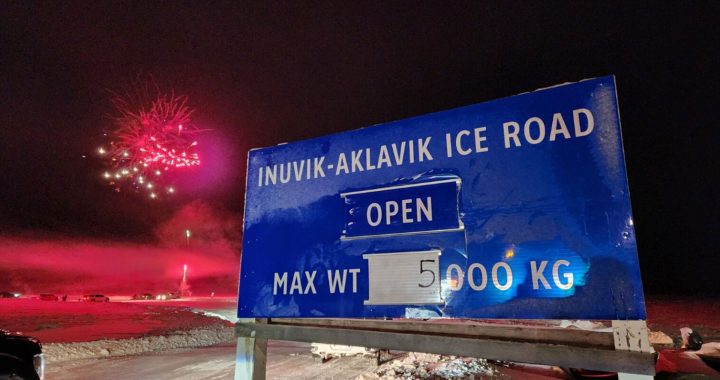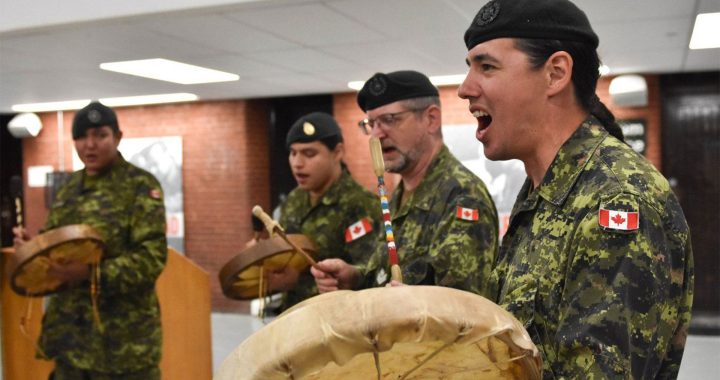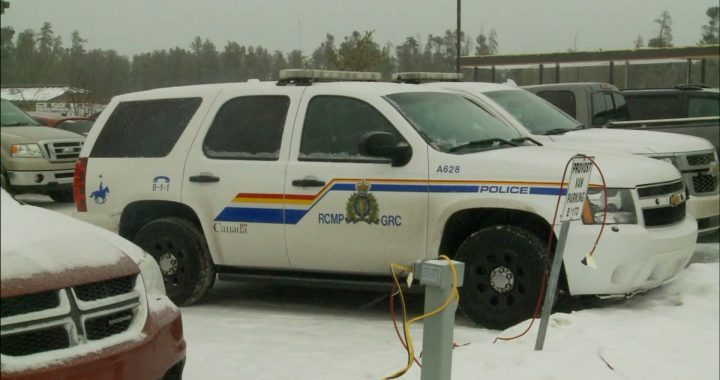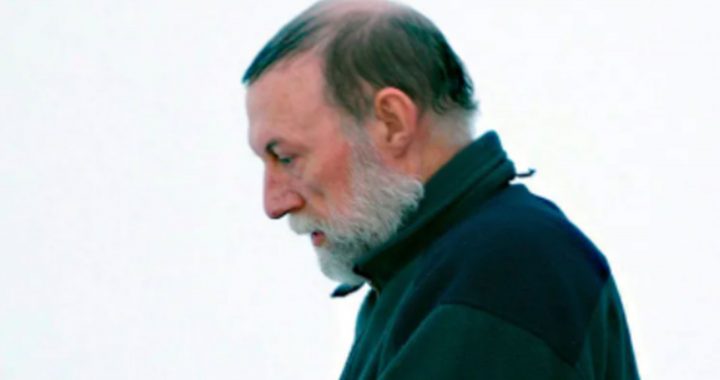Natasha (Reimer) Okemow was first placed into the child welfare system in Manitoba when she was one-year-old.
During her time in the system, Okemow had 12 different homes, went to four different schools and lived in five different towns.
Even though she aged out of care at the age of 21, Okemow knows she can never escape the system because of a controversial practice in Manitoba known as birth alerts.
“It doesn’t matter how many years it’s been, it doesn’t matter if I have a job or anything like that” says Okemow who adds it is “kind of like living with this life long cure.”
The term birth alerts comes from a system used by child welfare agencies that compels hospital staff to notify social workers when a mother gives birth.
According to the province of Manitoba, “birth alerts apply to expectant mothers considered by agencies to be high risk in relation to the care they will provide for their newborn infant.”
A typical alert will state that an agency has “serious concerns regarding a mother’s ability to protect her child” and if the mother already has children in care, “request the agency be notified soon as possible when mother has given birth confirm that the agency may apprehend the child at birth.”
Indigenous mothers are often targeted by agencies including those who were involved in the child welfare system.
Infants are removed from their parents and a desperate fight to get them back ensues.
Ending the practice was one of the calls for justice in the final report delivered by the commissioners of the National Inquiry into Missing and Murdered Indigenous Women and Girls.
To date, the only province to announce plans to end birth alerts is British Columbia.
Okemow feels like she’s beaten the odds unlike many youth caught up in the Millennial Scoop.
In Manitoba, there are more than 10,000 children in the child welfare system, 90 per cent of them are Indigenous kids.
Okemow graduated from the University of Winnipeg in 2019 with Bachelor of Arts degree majoring in criminal justice and minoring in sociology and conflict resolution studies.
Post-secondary education wasn’t an easy road trying to navigate.
In an effort to help others, Okemow founded the peer support group called FOSTER UP in Winnipeg for youth who are aging out of care.
The long term affects of growing up in care still linger for Okemow who says she deals with “crippling anxiety.”
“It’s really hard to get attached to places, people, or things,” says Okemow.
“It’s really hard to open up to people and try to form relationships because everything is always changing.”
Okemow joins host on Face to Face to discuss her life growing up in care.
She also has a podcast on APTN News called The Disappearance of Natasha Lynn Starr.
The five-part series looks at Okemow’s life growing up in care, not knowing her true identity and biological family.
Okemow says the podcast was a way to challenge people’s assumptions about the child welfare system, and give hope those growing up in it now.
“Growing up in care, nobody really asks you what you want to be when you grow up. Nobody really asks you what your life long goals are,” says Okemow.
She says she never had a role model who made it out of the system and went off to university.
“I was always told that I couldn’t go to University, that I wouldn’t be a lawyer, that I wouldn’t achieve what I wanted to do that I was a dreamer and I don’t want dreams of kids in care to die. Just because you’re in care doesn’t mean that your dreams have to die” says Okemow.
Okemow says while the child welfare system is “whack” it’s important to know that not everything in the system is bad.
“There are good foster homes, there are good foster parents and they’re not all bad, as I said in one of my episodes, the group home manager actually stepped down from her position and she took me in. She showed me the good in the system.
“And so there are good people there. She accepted me as her own. She never once called me a foster kid, she called me her daughter.”











